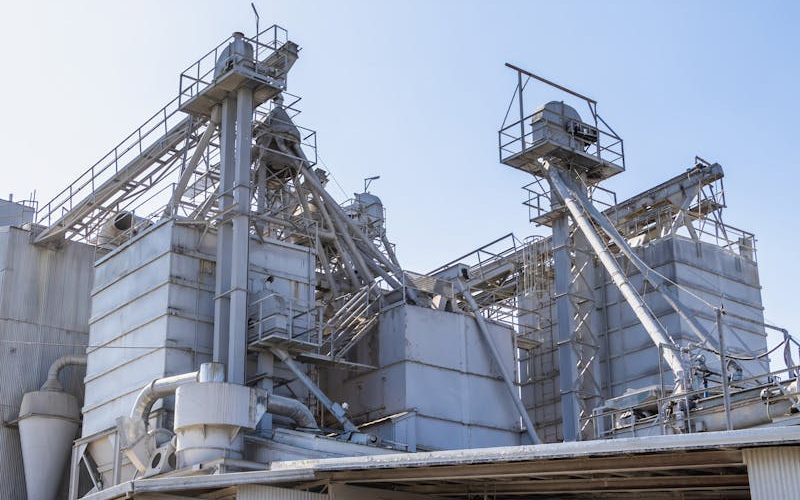Portland facing serious liquidity crisis – Auditor

Office of the Auditor-General has raised alarm over the financial health of the East African Portland Cement (EAPC), a company currenly grappling with significant losses and liabilities.
A new Auditor General’s report casts the spotlight on several critical issues facing the cement maker, underscoring significant financial and operational challenges that threaten the company’s viability.
In the report, Auditor General Nancy Gathungu revealed that the group and company reported a net loss of Sh1.4 billion for the fiscal year ending June 30, 2023. This marks a continuing trend of financial difficulties for the cement manufacturer.
One of the most pressing concerns highlighted in the report is the negative working capital, with current liabilities exceeding current assets by Sh11.8 billion. This deficit indicates that EAPC is facing substantial liquidity challenges.
The cash flow constraints have also hampered the company’s ability to meet its obligations to statutory authorities. The report notes outstanding dues of Sh1.7 billion in Pay As You Earn (PAYE) taxes, Sh247 million in Value Added Tax (VAT), and Sh159 million in pension liabilities, which include principal amounts, penalties, and interest. “These events or conditions, along with other matters, indicate that a material uncertainty exists that casts significant doubt on the Group’s and the Company’s ability to continue as a going concern,” Gathungu stated.
She further added that despite these concerns, the financial statements have been prepared with the assumption that the company will continue operations, relying on financial support from bankers, suppliers, and shareholders.
Avoid insolvency
The report underscores the urgency for EAPC to secure this support to avoid insolvency and ensure its continued operation.
On July 21, 2023, a post-balance sheet deed of settlement was executed involving the EAPC, the National Social Security Fund (NSSF), the Central Organisation of Trade Unions (COTU), and the Ministry of Lands, Public Works, Housing, and Urban Development.
This agreement aimed to address the regularization of the company’s investment property under LR No. 8784. Approximately 70 per cent of this land has been occupied by informal settlers, prompting the company to prioritize selling plots LR No. 8784/144, 145, and 653 to the current occupants.
The report warns that if these occupants do not purchase the land, it will be offered to the general public on a competitive, willing buyer-willing seller basis.
Additionally, the report raises concerns about two other parcels of land, LR No. 10424 and LR No. 7815, which are also partially occupied by informal settlers.
Despite multiple attempts by EAPC to reclaim these properties, the company continues to face significant challenges. The estimated cost of evicting these settlers, amounting to Sh425.9 million, has been factored into the financial statements to reflect the fair value of these investment properties.
The report highlights significant issues concerning government loans, particularly the lack of an executed agreement for a substantial debt. As of June 30, 2023, the statement of financial position shows a government debt balance of Sh1.9 billion.
Loan agreement
This amount has accumulated from interest and principal repayments on a Japanese OECT loan made by the Government of Kenya on behalf of EAPC. Despite this, the loan agreement detailing the terms and agreed amount was not available for audit verification, making it impossible to ascertain the exact loan terms or the outstanding balance owed to the government.
The report also raises concerns about EAPC’s non-remittance of employee pension contributions. As of June 30, 2023, the company had accrued a pension balance of Sh159 million, comprising principal, penalties, and interest.
These unremitted contributions date back to August 2018, violating Sections 53 and 53A of the Retirement Benefits Act, 1997, which mandates timely remittance of employee contributions.
Further, the report reveals outstanding remittances of mining levies amounting to Sh155 million as of June 30, 2023. The report notes, “The Company is therefore exposed to the consequences of non-compliance with the mining regulations. In the circumstances, Management was in breach of law.”
The report highlights EAPC’s failure to remit Sh102 million in accrued dividends, some of which have been outstanding for over three years. This is contrary to Section 20 of the Unclaimed Financial Assets Act, 2011, which requires entities to remit unclaimed assets, including shares and dividends, after a three-year period of abandonment. This delay exposes the company to increased penalties.



